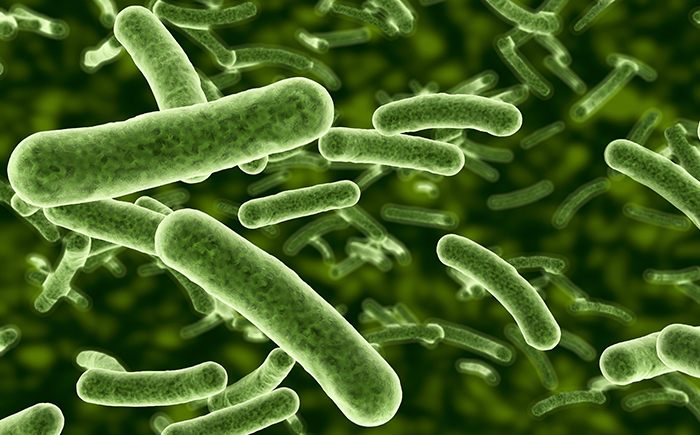
Researchers at the University of Minnesota have developed an improved method for analyzing the communities of bacteria and other microorganisms that live on or inside humans, animals and the environment.
Understanding how these communities, called microbiomes, affect the way a body or ecosystem functions can lead to innovations in a wide variety of fields, including new treatments for antibiotic-resistant diseases, eco-friendly fertilizers for agriculture and natural methods for removing contaminants like sulfates from local waterways. More accurate ways to detect different types and concentrations of microorganisms will lead to better, more reliable data in the rapidly expanding field of microbiome research.
The research team, led by U of M Genomics Center Director Kenneth Beckman, Ph.D., highlighted in a study published in Nature Biotechnology that better methodology will lead to more results that can be reproduced and that translate across studies, along with fewer misleading conclusions.
The research was conducted through a transdisciplinary collaboration between researchers from the BioTechnology Institute, College of Science and Engineering and College of Veterinary Medicine, along with experts from core research facilities like the Minnesota Supercomputing Institute, Informatics Institute and UMGC.
As the study improves the accuracy of just one of many steps in analyzing a microbiome, researchers are now exploring ways to improve other aspects of the process for better overall data.